Are you and your partner or partners satisfied with the current state of your relationship? Learn more about our $99 Relationship Checkup.
Search for a therapist, a psychiatrist or other content:
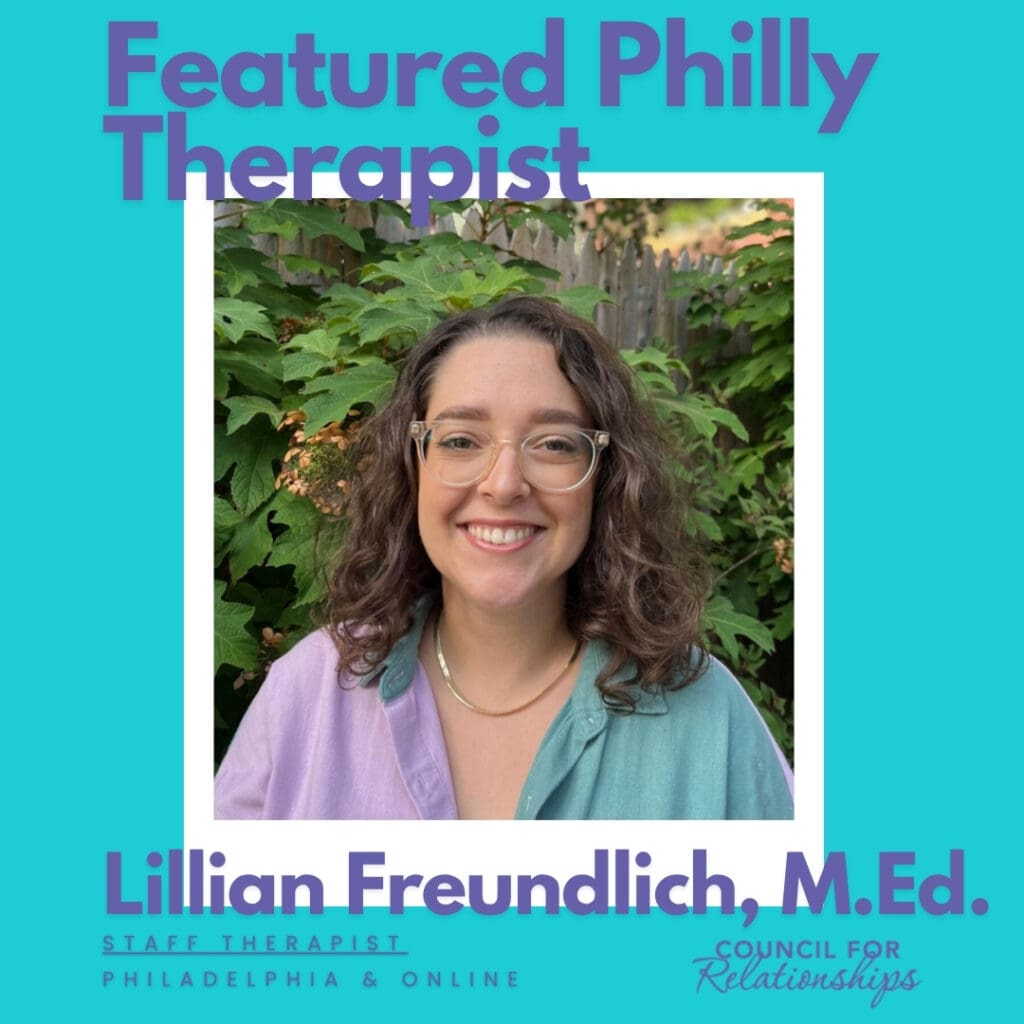
Person-Centered Therapy for Growth & Connection
Lillian Freundlich, M.Ed., believes therapy works best when it honors each person’s experience. Her approach to person-centered therapy helps clients find strength and connection in their everyday lives. As both…
Read More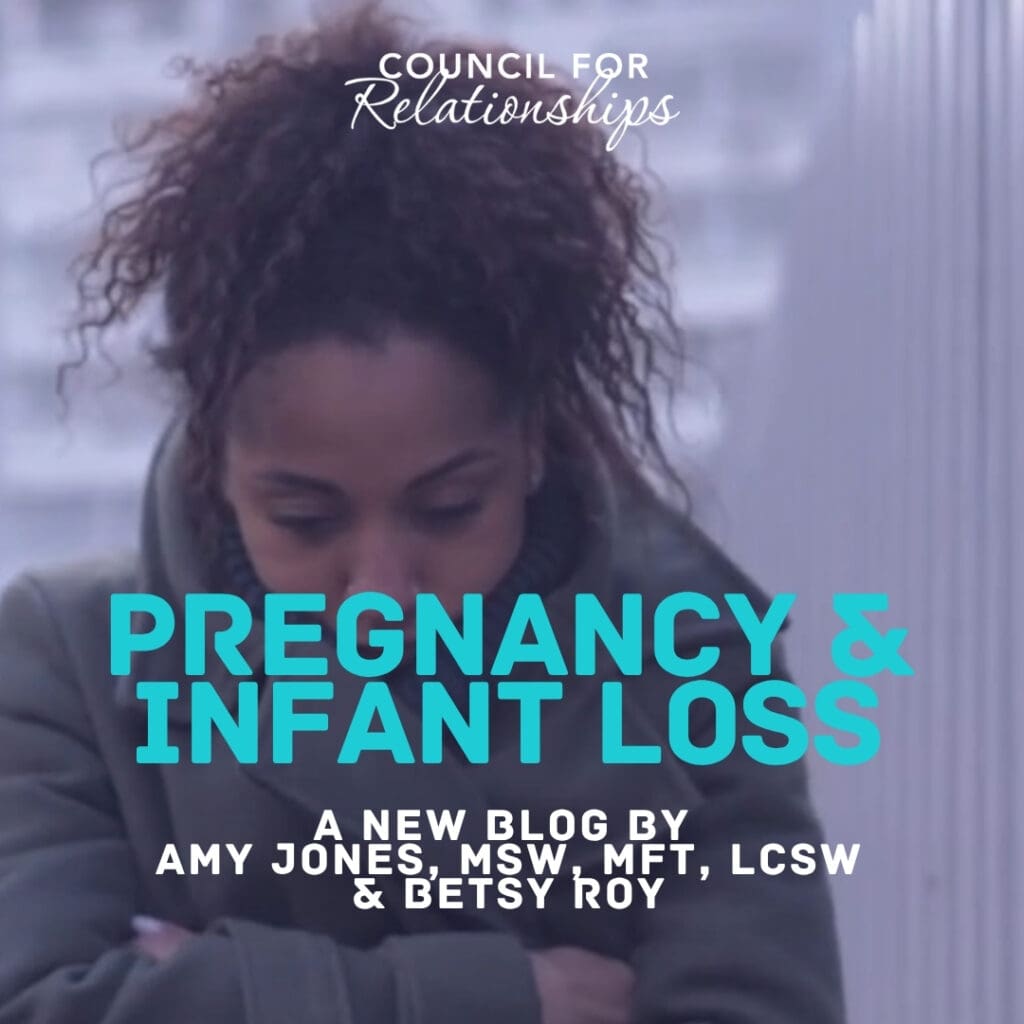
Pregnancy and Infant Loss Awareness
Each October, Pregnancy and Infant Loss Awareness Month offers space to reflect on the grieving process and honor families who have experienced traumatic loss. This piece explores the emotional realities…
Read More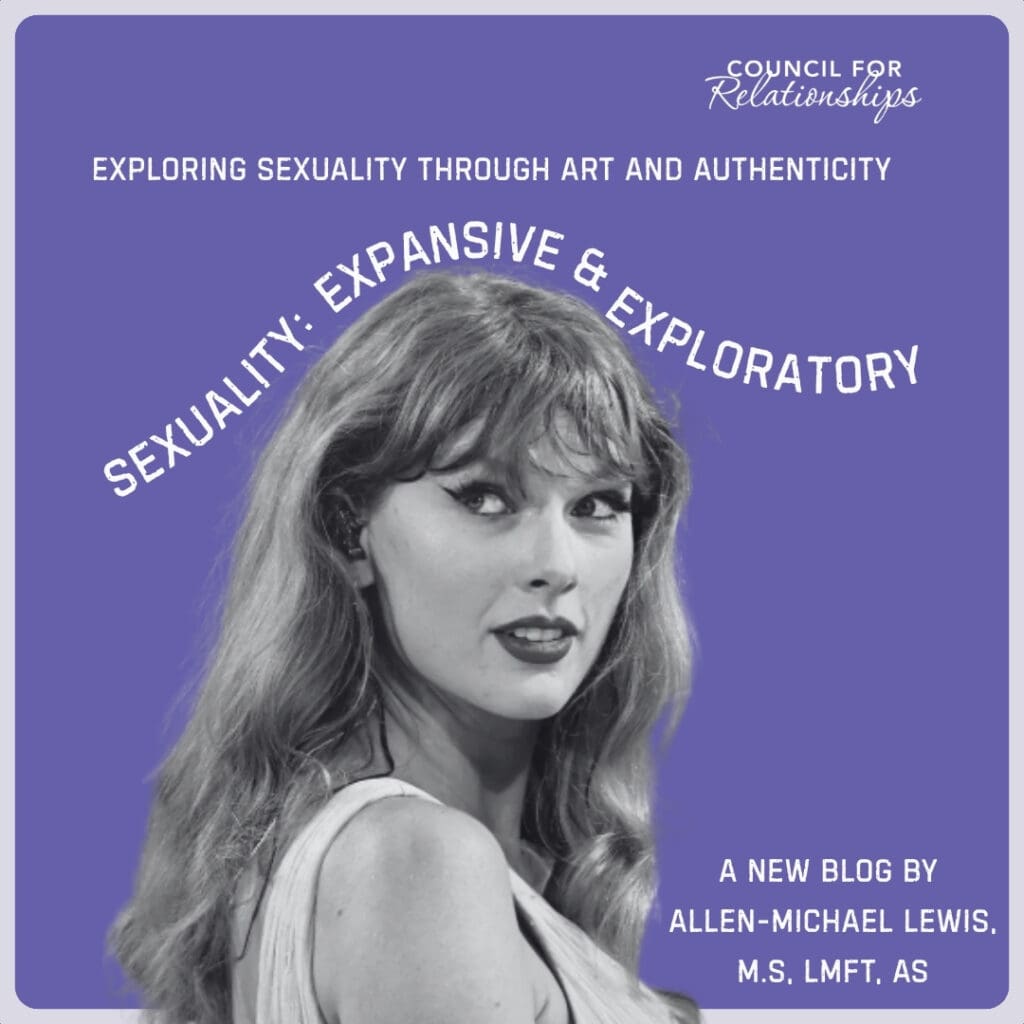
Sexuality: Expansive & Exploratory Mindset to Sexual Intimacy
In his latest reflection, CFR Senior Director of Clinical Programs and Staff Therapist Allen-Michael Lewis examines how sexuality, sexual intimacy, and an expansive and exploratory approach to self-understanding shape the…
Read More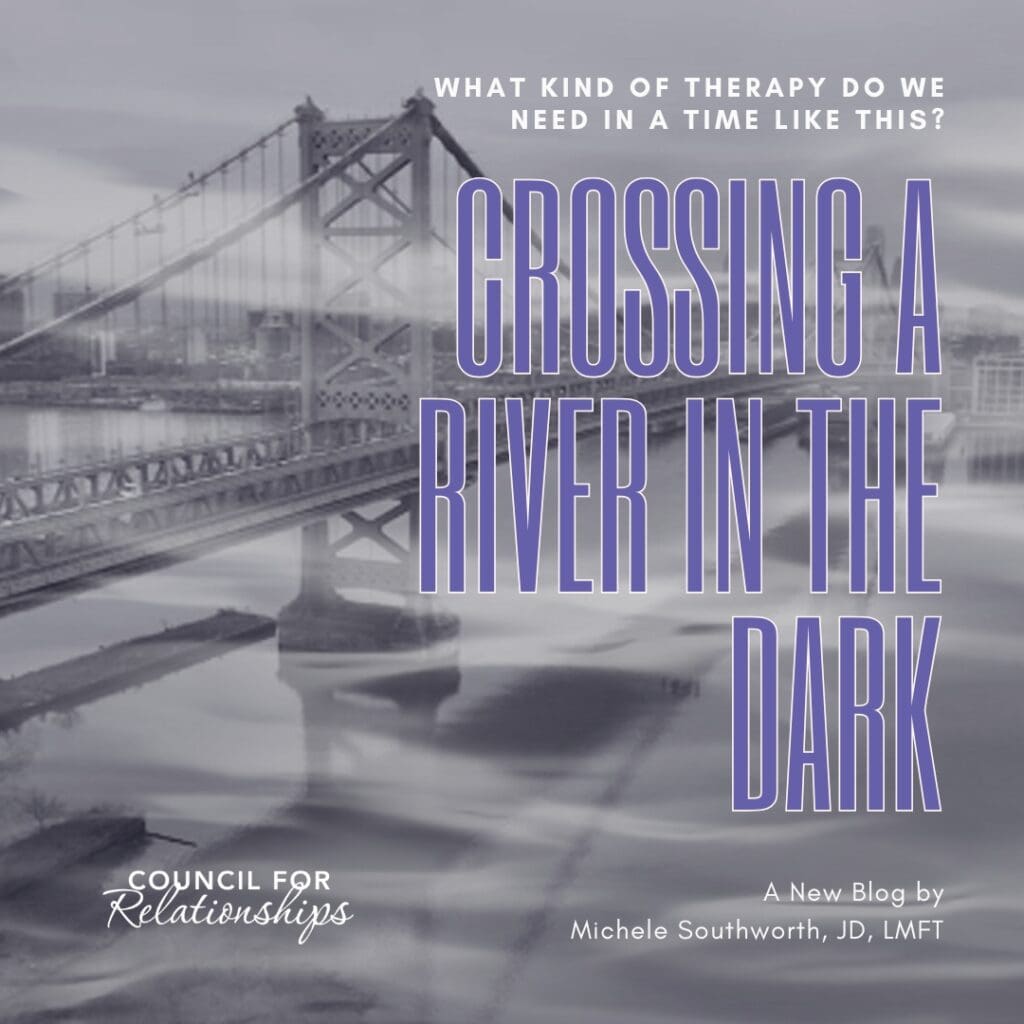
Crossing a River in the Dark
What Kind of Therapy Do We Need in a Time Like This? We are living in a time of unprecedented confusion and challenge. Economic and legal uncertainty, political and global…
Read More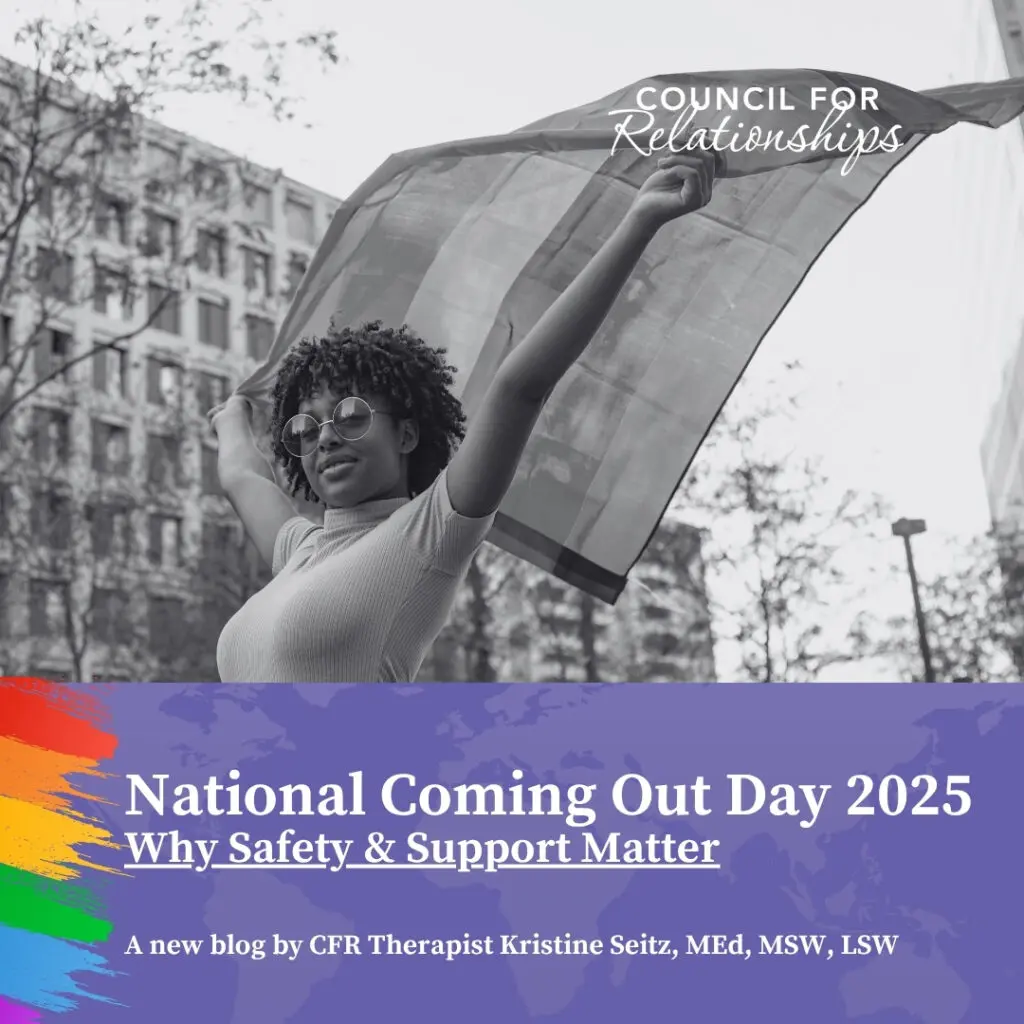
National Coming Out Day: Why Safety & Support Matter
Each year, National Coming Out Day offers a powerful opportunity to celebrate LGBTQIA+ identity, affirm individual journeys, and advocate for inclusive care. For those navigating intersecting identities, the decision to…
Read More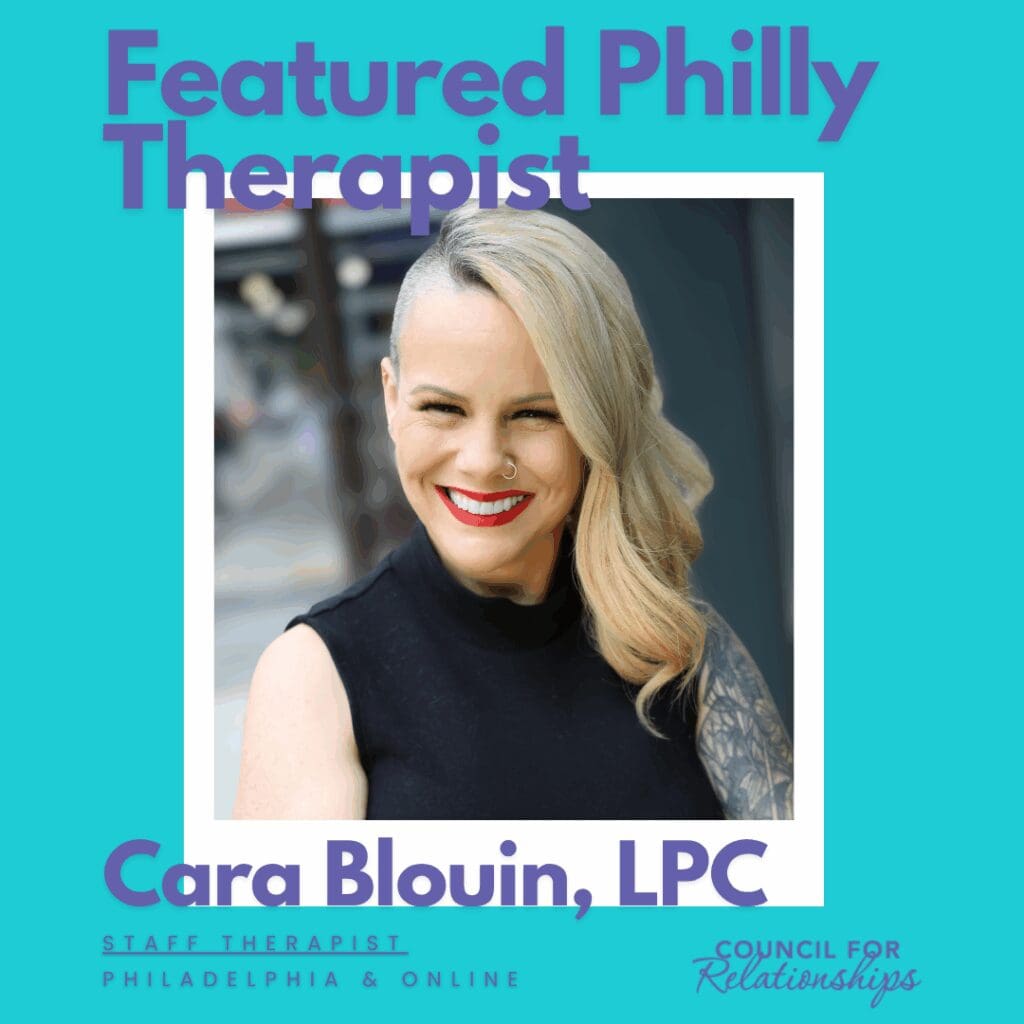
Therapy for Perfectionism: Finding Freedom Beyond Achievement
Perfectionism doesn’t always look like color-coded calendars or spotless homes. Sometimes it looks like never asking for help, saying yes to everything, or feeling like rest is a reward you…
Read More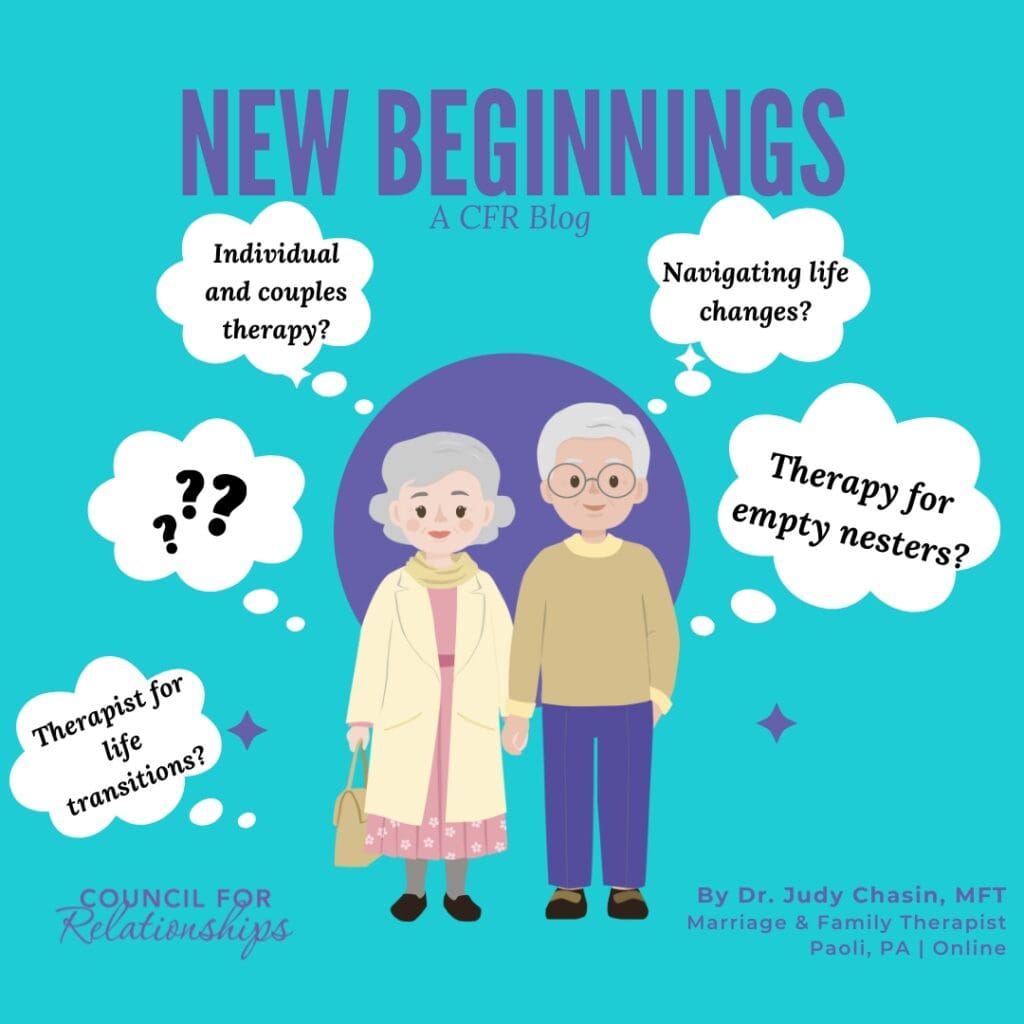
New Beginnings with a Therapist for Life Transitions
September traditionally marks the start of the school year. For many people, the changing colors of the leaves and a new crispness in the air bring excitement. They inspire thoughts…
Read More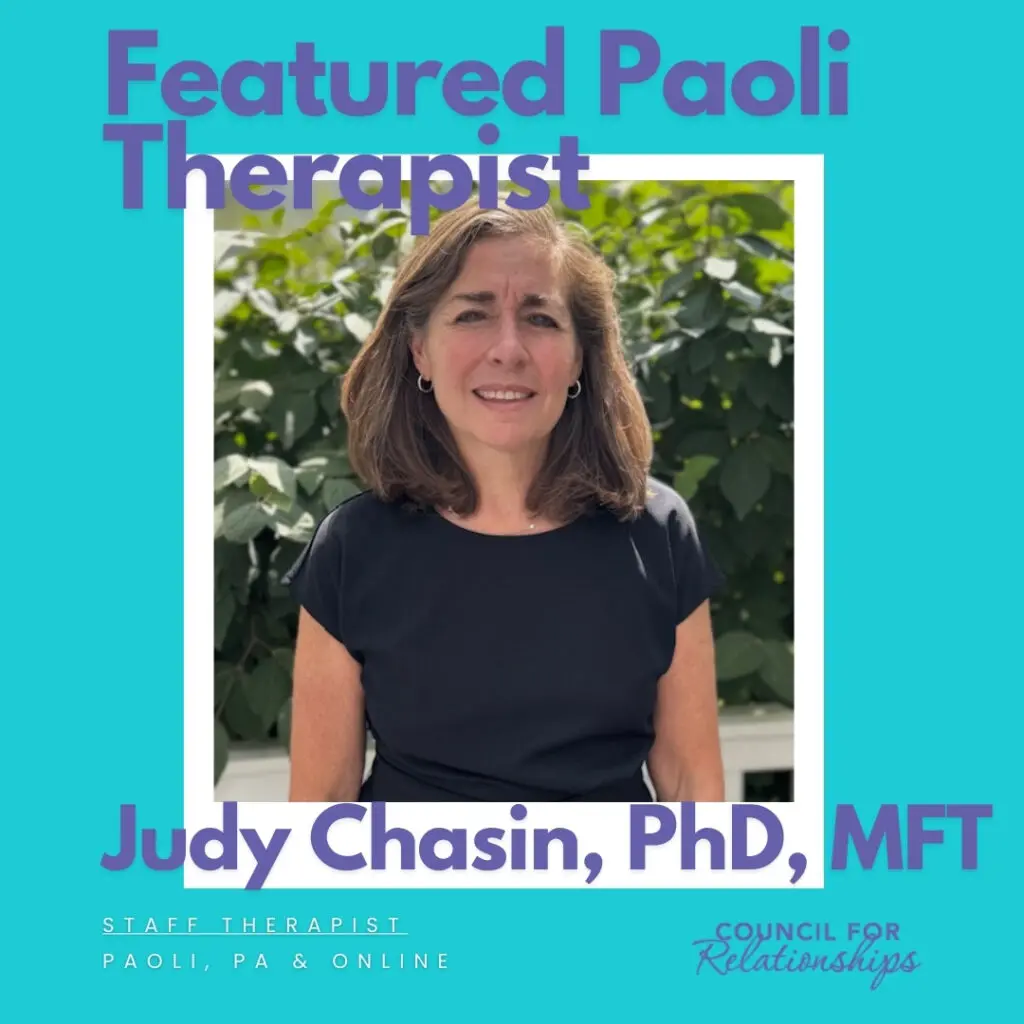
You’re Not Lazy—You’re Burned Out: A Therapist for Burnout
Many people look like they have everything under control—but inside, they feel drained, unmotivated, or simply not like themselves. If that sounds familiar, you might be dealing with burnout, depression,…
Read More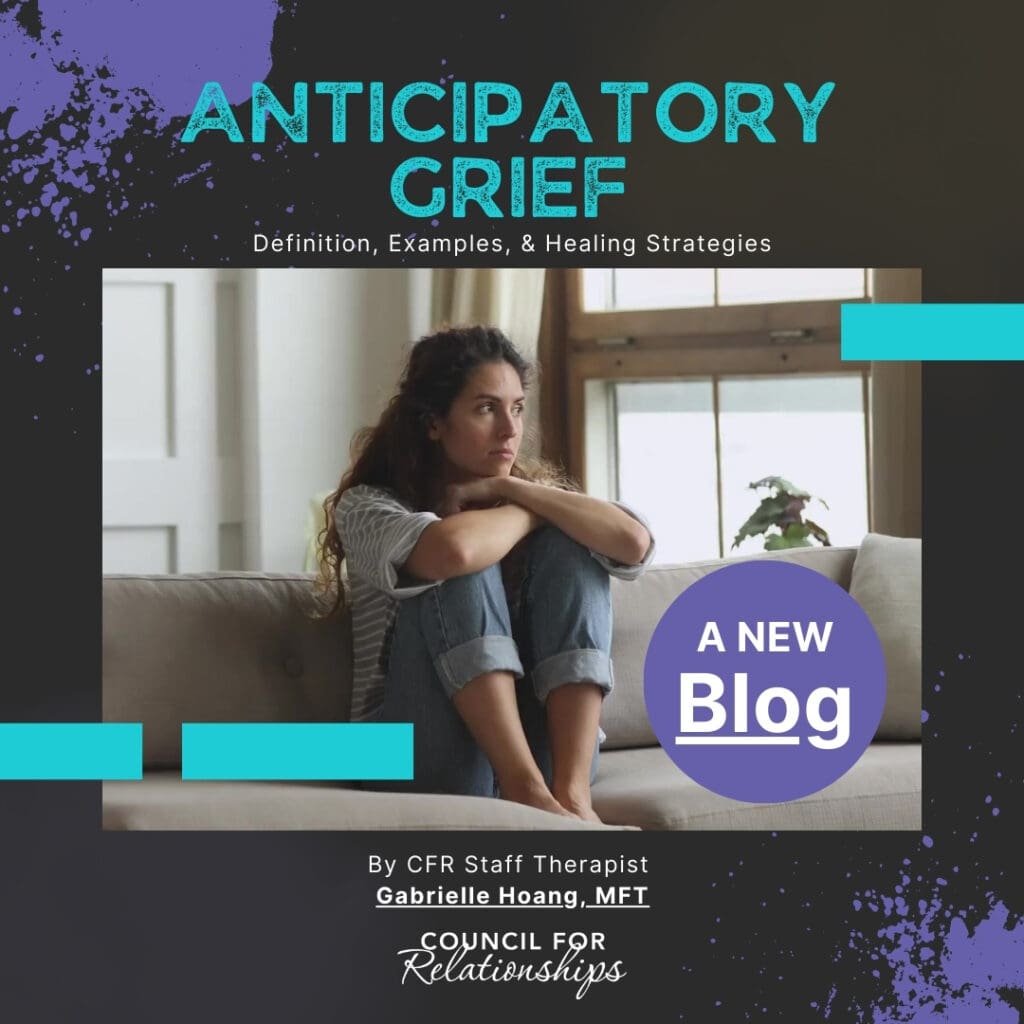
Anticipatory Grief: Definition, Examples, & Healing Strategies
Grief can appear in many unexpected ways, even before a loss occurs. In this blog, Council for Relationships therapist Gabrielle Hoang, MFT, explores the concept of anticipatory grief. She explains…
Read More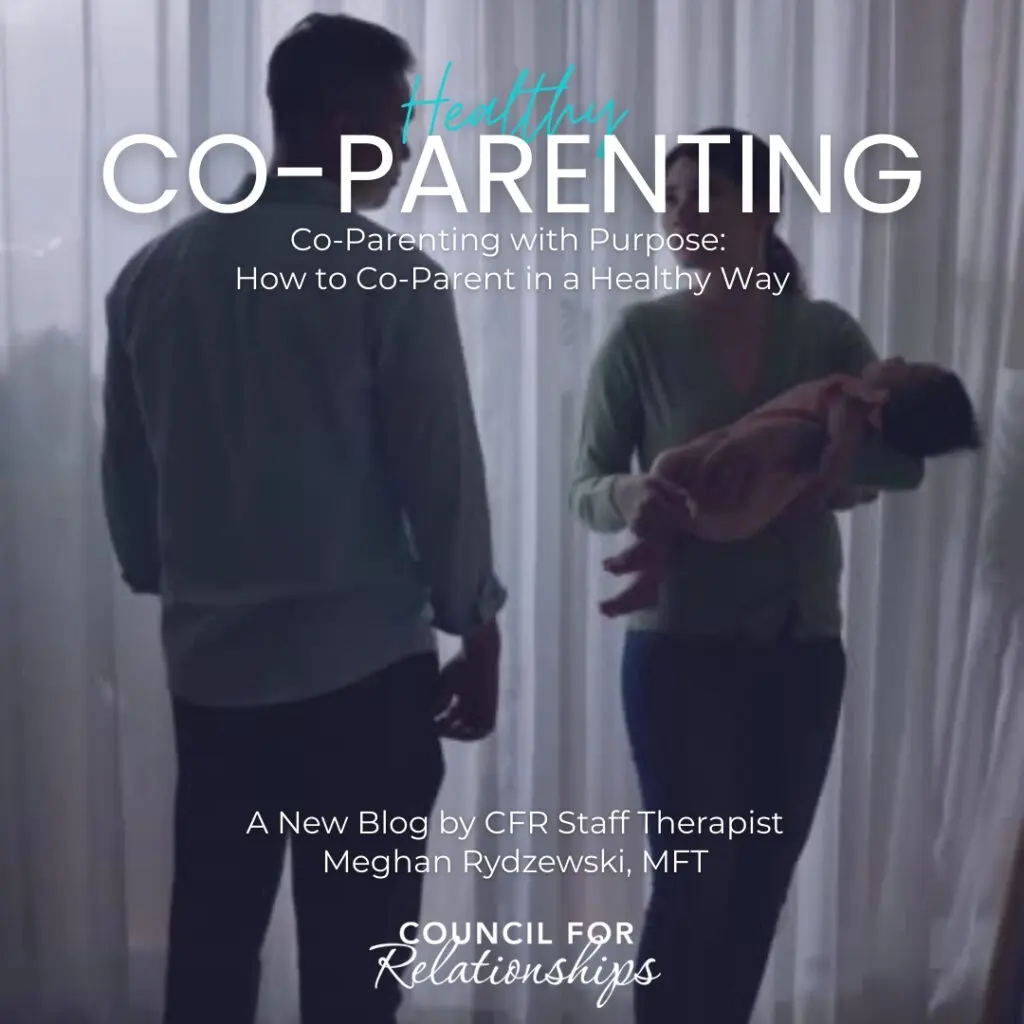
Co-Parenting with Purpose: How to Co-Parent in a Healthy Way
Co-parenting is a skill that takes patience, communication, and support. In this blog, CFR Staff Therapist Meghan Rydzewski, MFT, explores how to co-parent in a way that centers the child’s…
Read More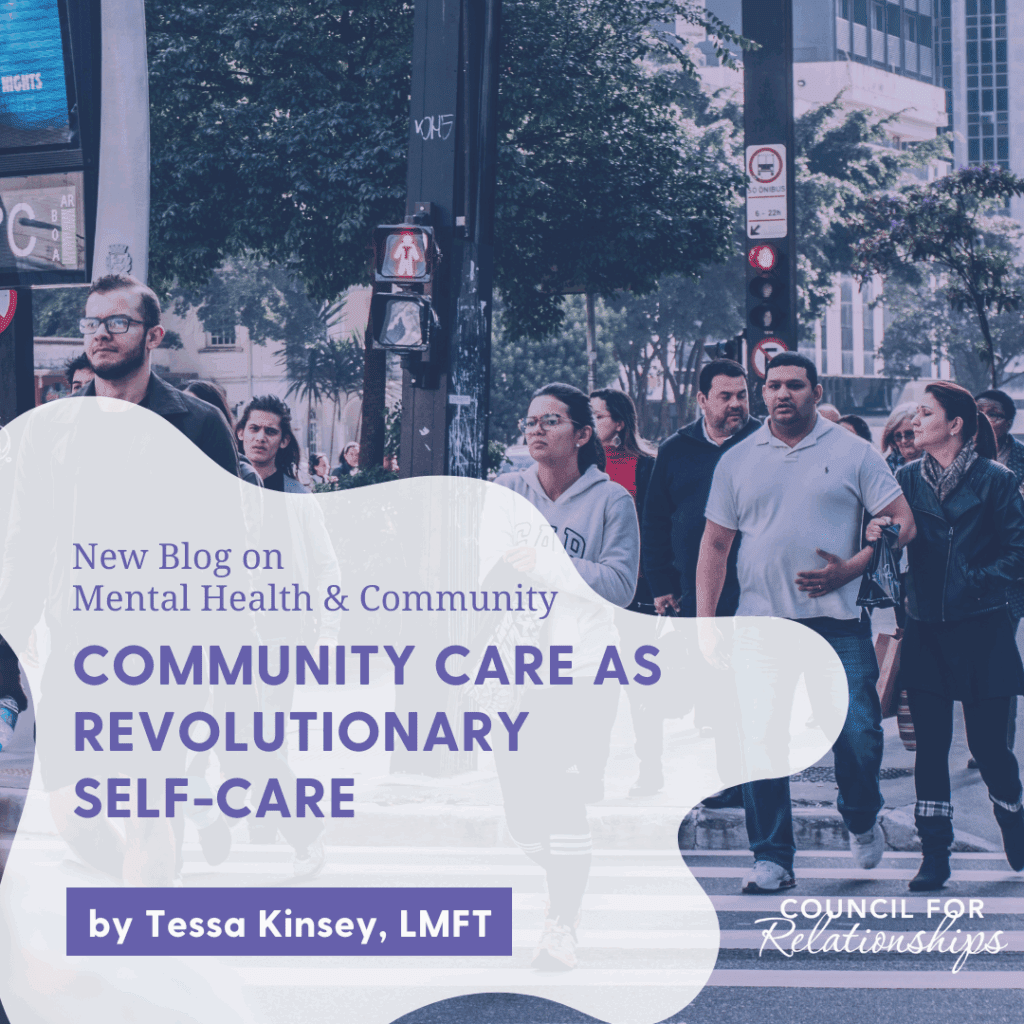
Community Care as Revolutionary Self-Care: Mental Health & Community in Practice
Has your therapist ever encouraged you to focus on self-care? Typically, self-care refers to the things we do to maintain our health, like nutrition, exercise, rest, and going to therapy…
Read More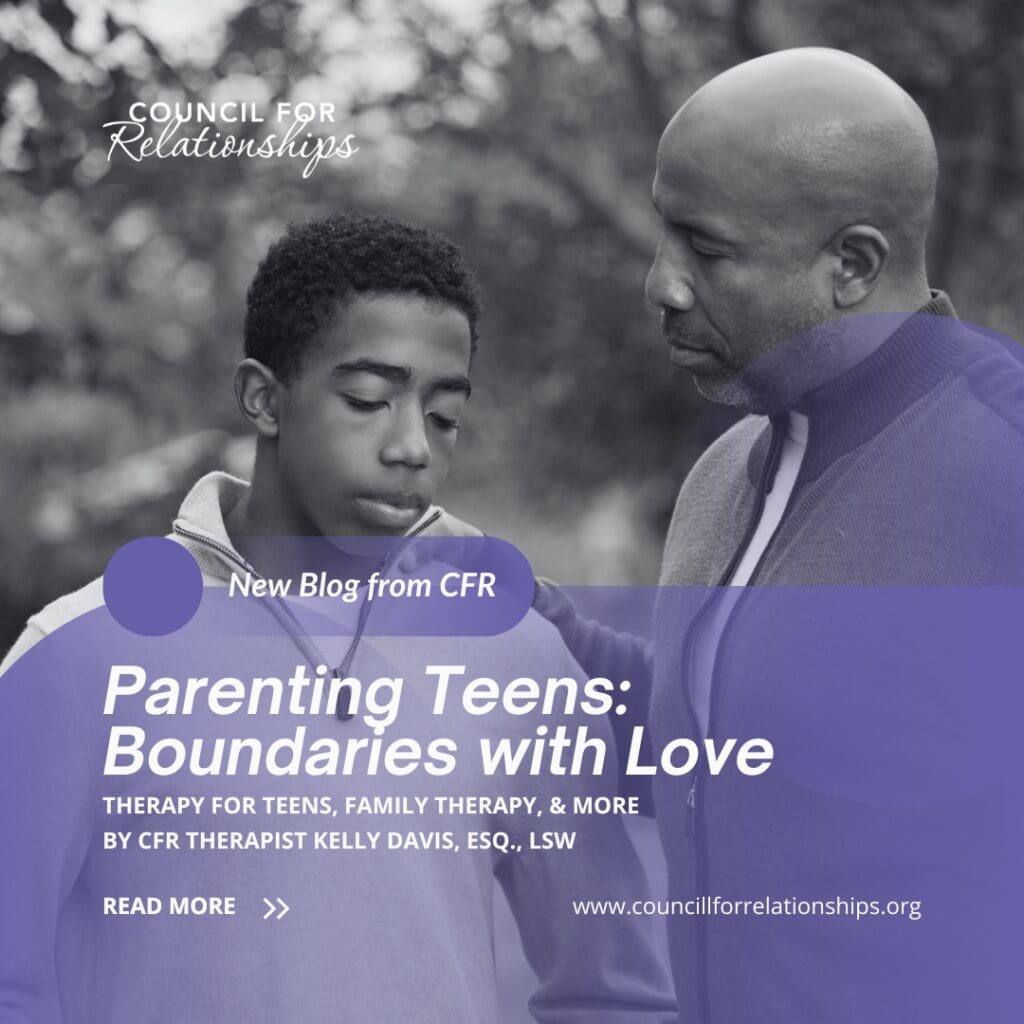
Parenting Teens: Boundaries with Love
Parenting teens often feels like walking a tightrope between granting freedom and ensuring safety. In this post, discover how clear boundaries, family therapy, and therapy for teens can strengthen your…
Read More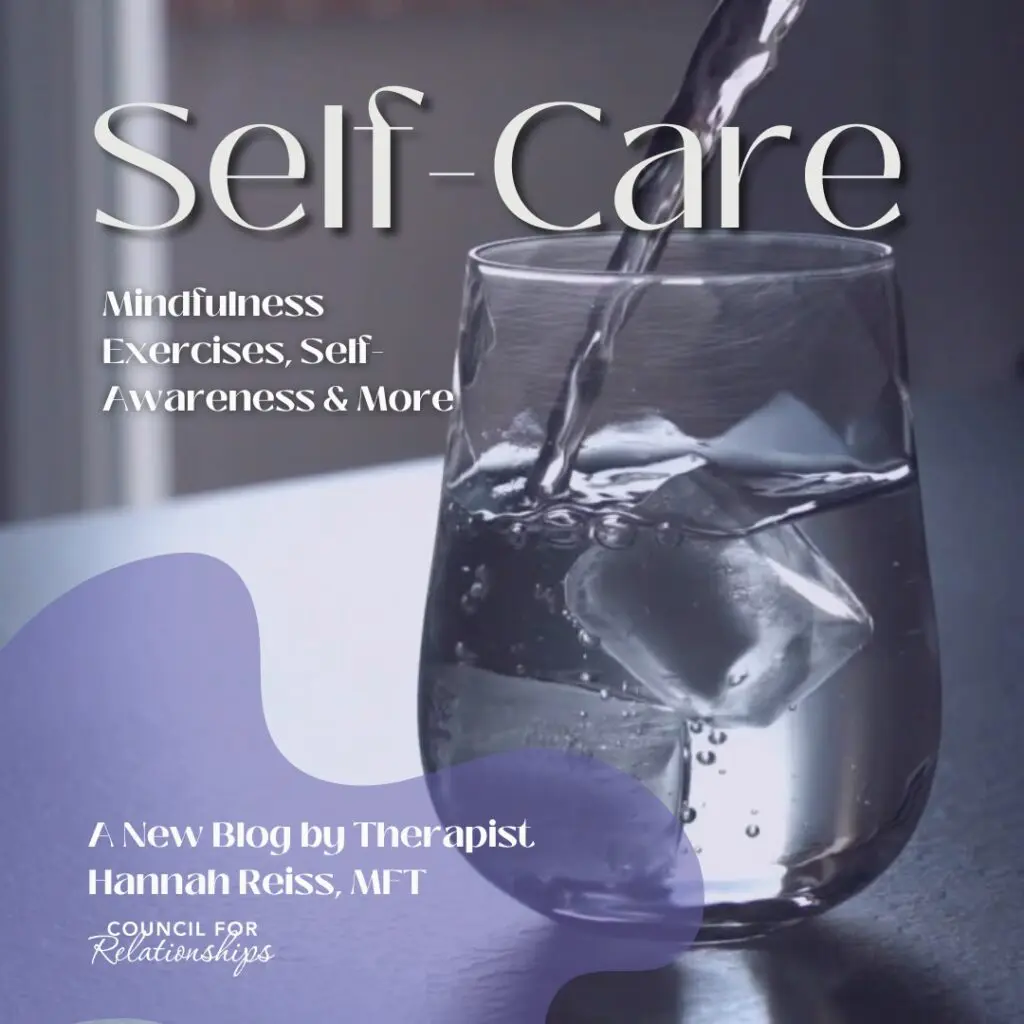
Self-Care: Mindfulness Exercises, Self-Awareness & More
Self-care is essential to well-being, yet many treat it as optional or indulgent. It doesn’t require expensive workouts, spa treatments, or fancy products. Instead, true self-care nurtures your inner world,…
Read More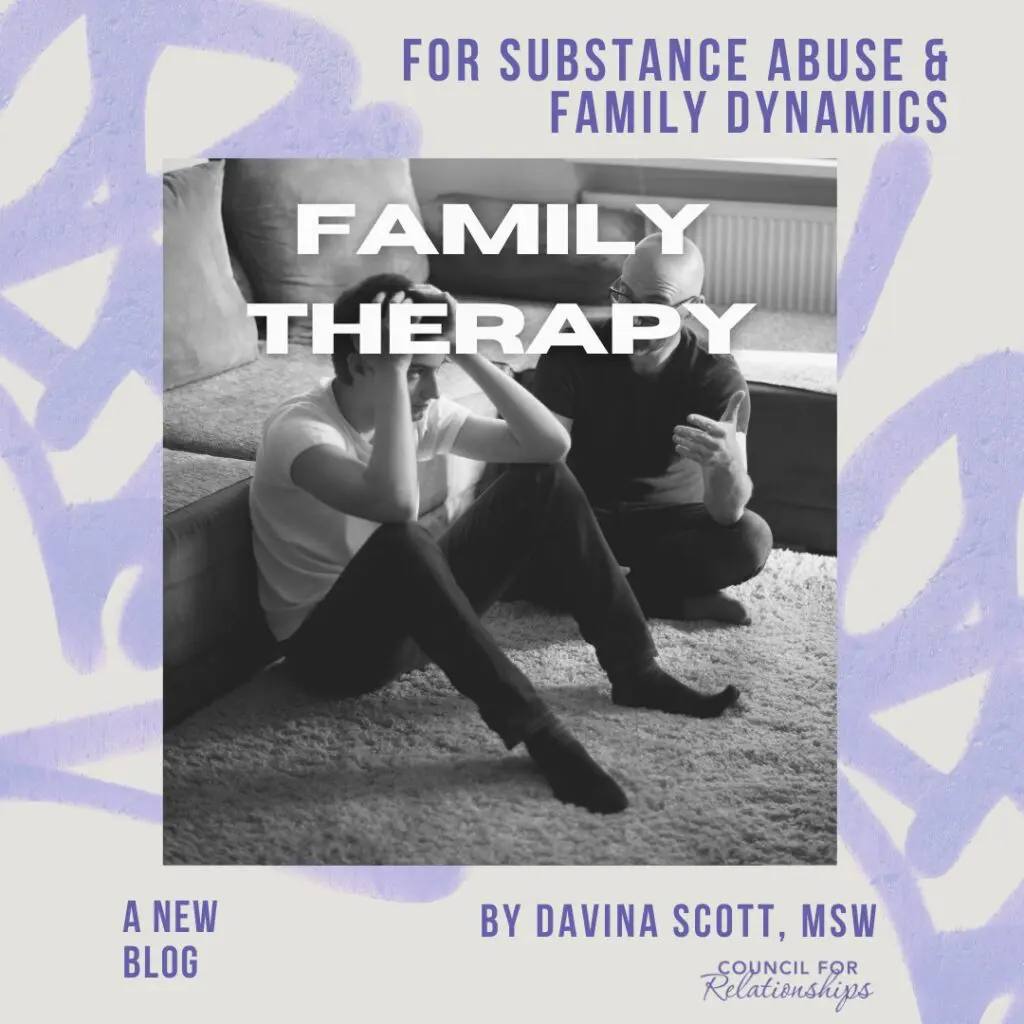
Family Therapy: Substance Abuse and Family Dynamics
Davina Scott, MSW, draws on clinical experience in family therapy to examine how substance abuse disrupts family dynamics and routines. To illustrate these ideas, we follow a hypothetical family case:…
Read More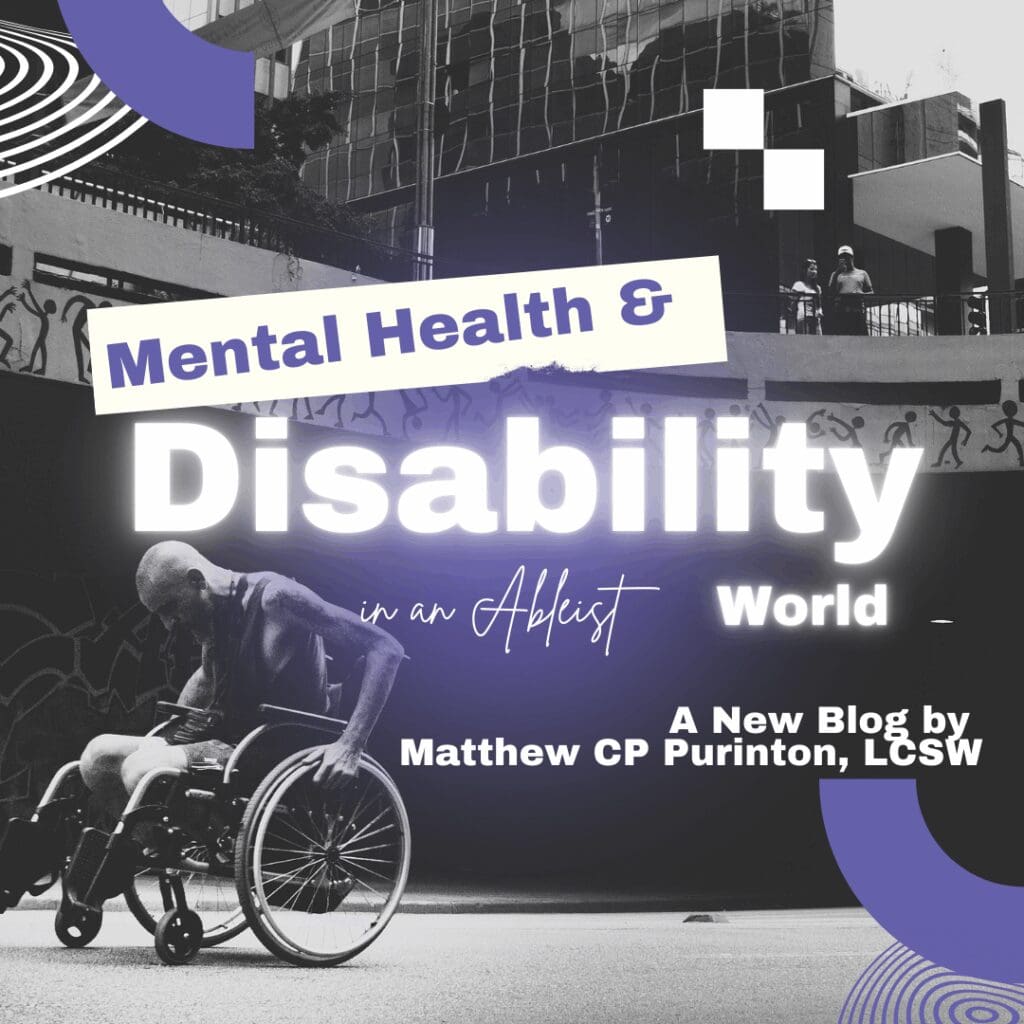
Mental Health and Disability in an Ableist World
CFR Staff Therapist and advocate Matthew CP Purinton, LCSW, explores the relationship between mental health and disability, the urgency of disability justice, and the often-overlooked role of the crip doula…
Read More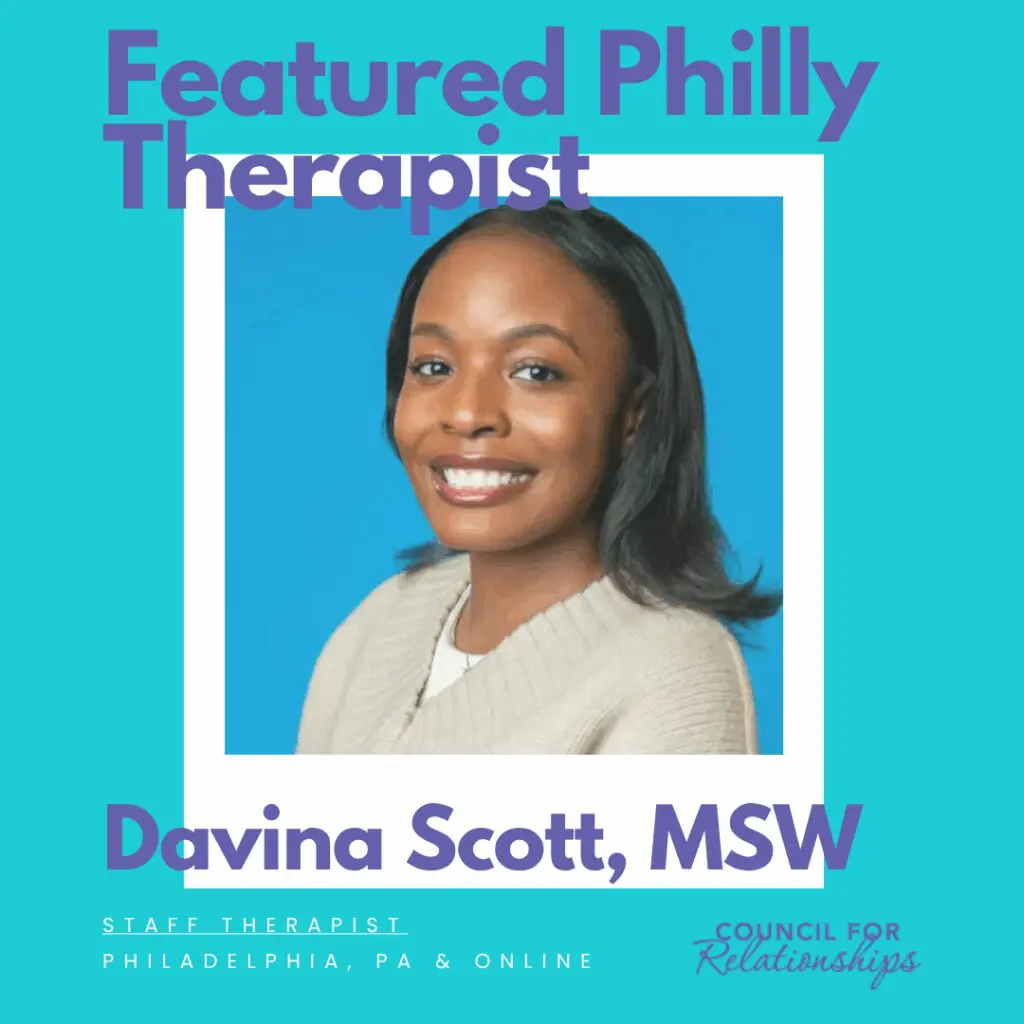
Feeling Stuck in Life? How a Trauma-Informed Therapist Can Help You Heal
If you’ve been going through the motions—working, caregiving, showing up for others—but still feel disconnected from yourself, you’re not alone. Many people describe this experience as feeling stuck in life…
Read More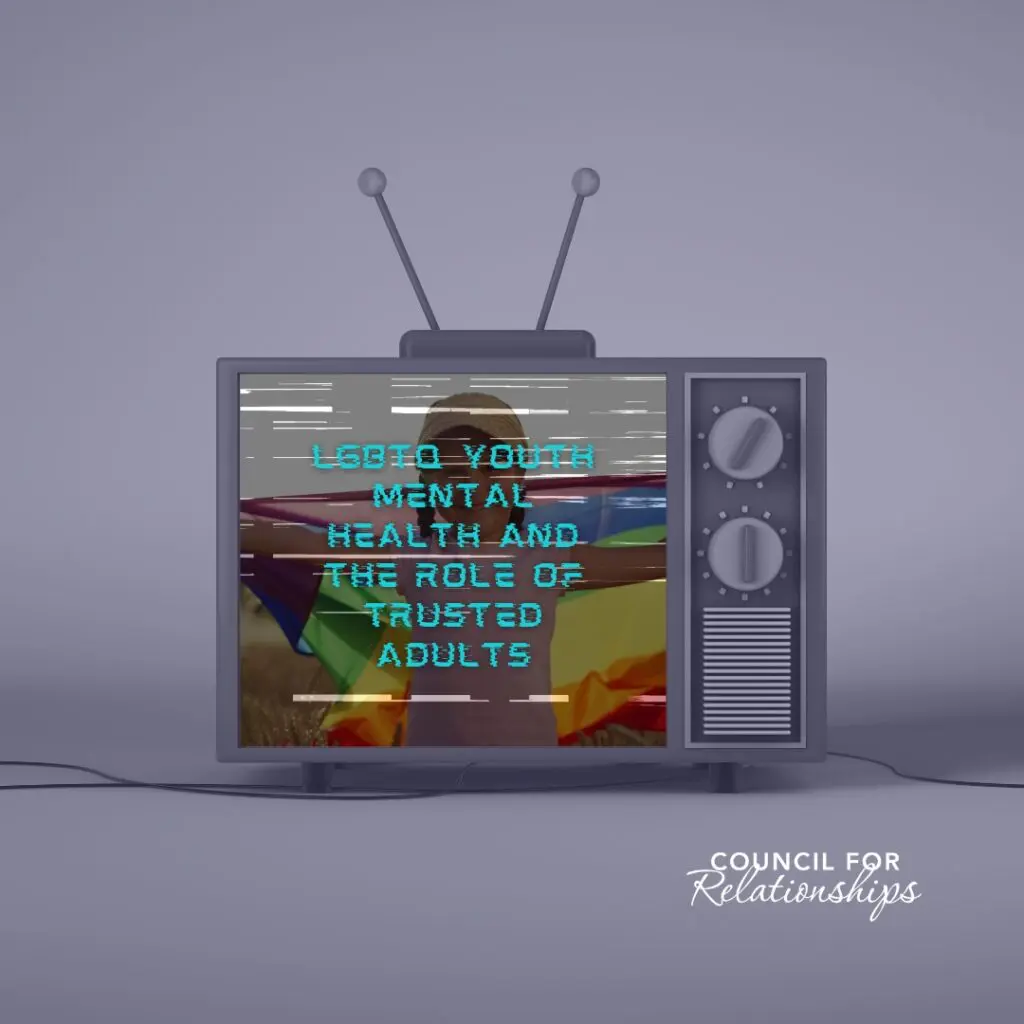
LGBTQ Youth Mental Health & the Role of Trusted Adults
Americans live in a time of growing societal rifts. One significant divide is how society treats and views members of the LGBTQ community. The people most harmed by the backlash…
Read More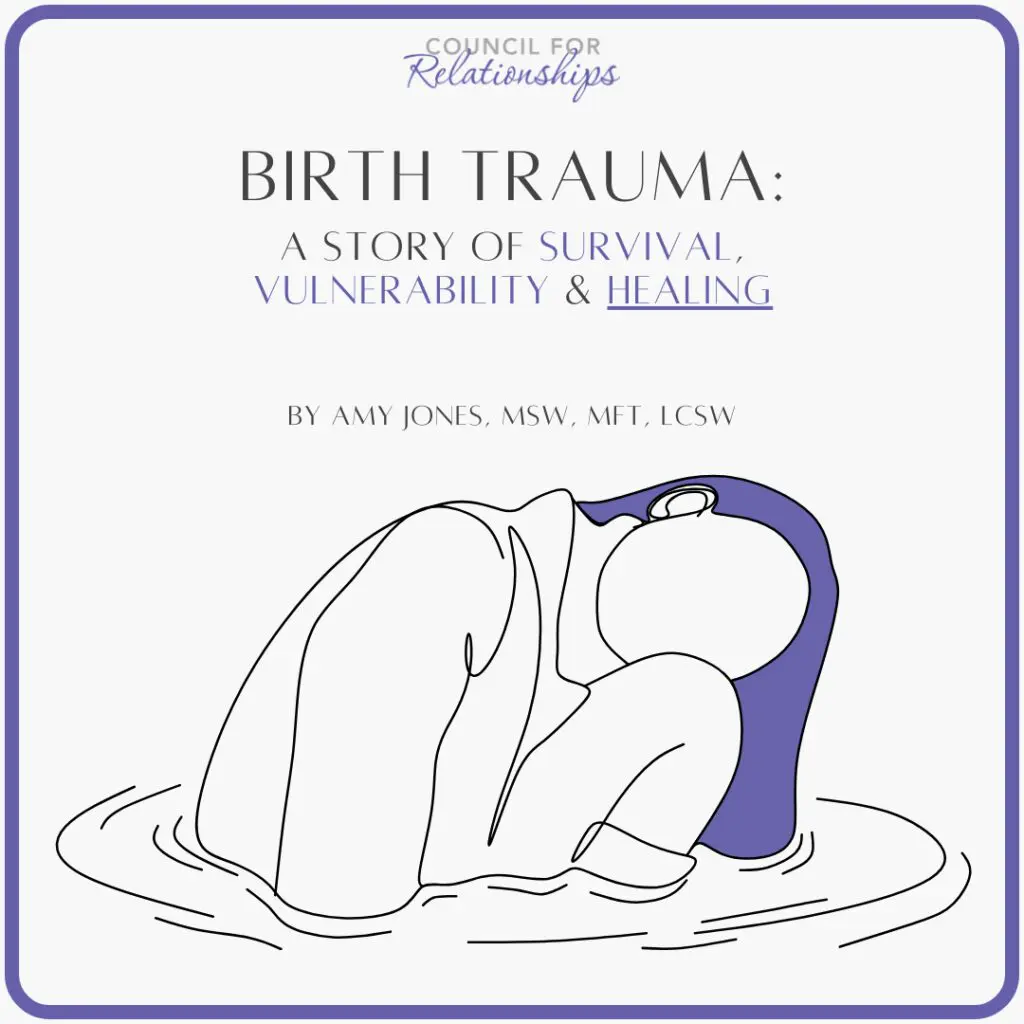
Birth Trauma: A Story of Survival, Vulnerability & Healing
When a friend, Lauren, shared this with me, it captured the profound disorientation and grief that can follow a traumatic birth, especially when a carefully prepared birth plan goes awry….
Read More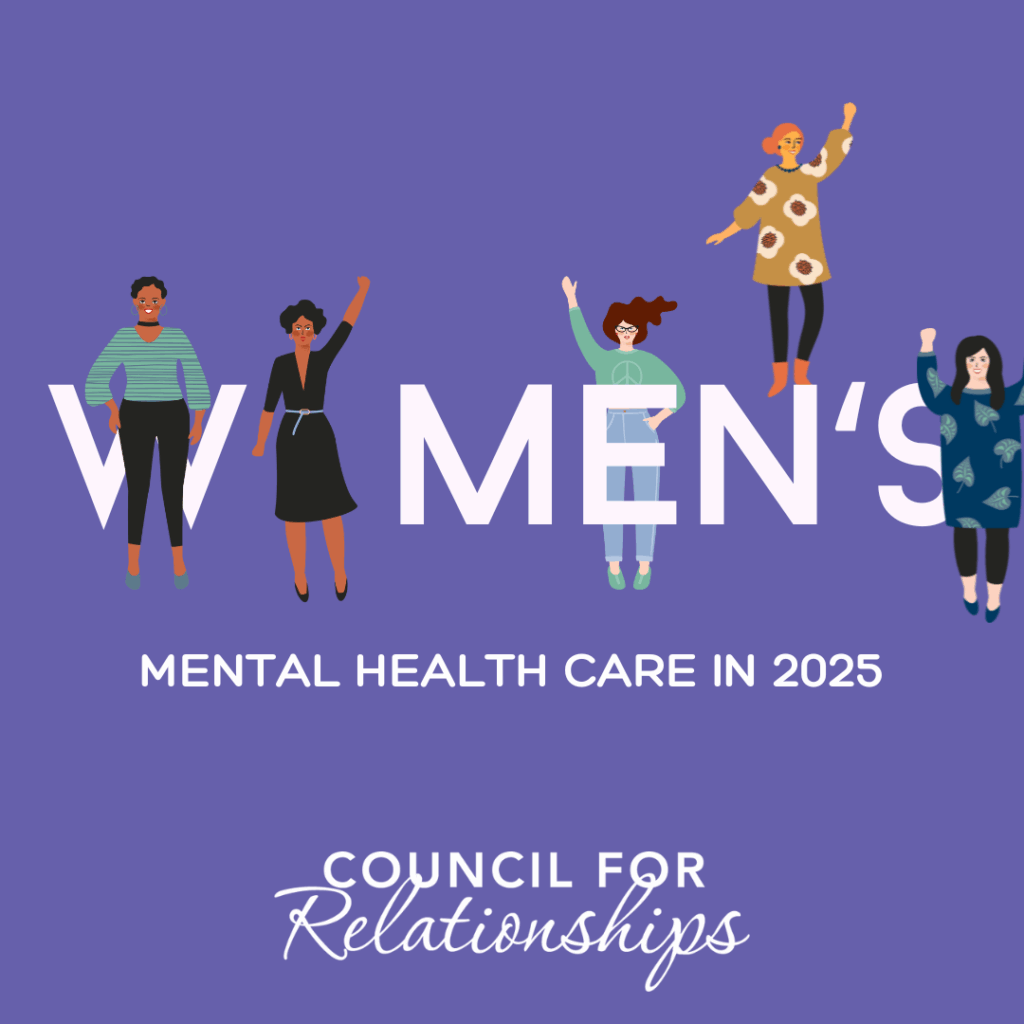
Mental Health Care for Women in 2025
In 2025, mental health care for women remains a critical public health issue—especially for those whose daily life is shaped by systemic inequality, trauma, or discrimination. At Council for Relationships…
Read More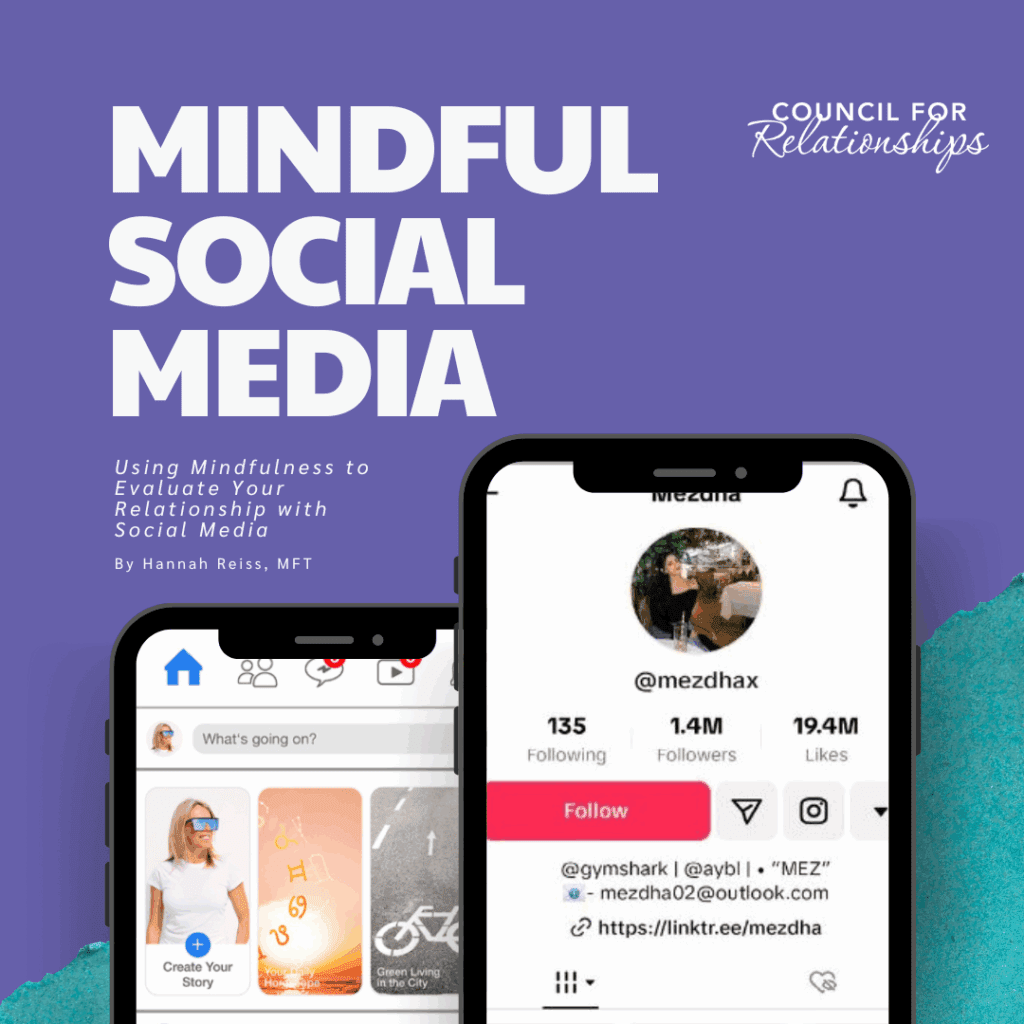
Using Mindfulness to Evaluate Your Relationship with Social Media
Mindfulness is the practice of noticing what is happening within and around you in the present moment. In this blog, we’ll explore how you can apply mindful social media use…
Read More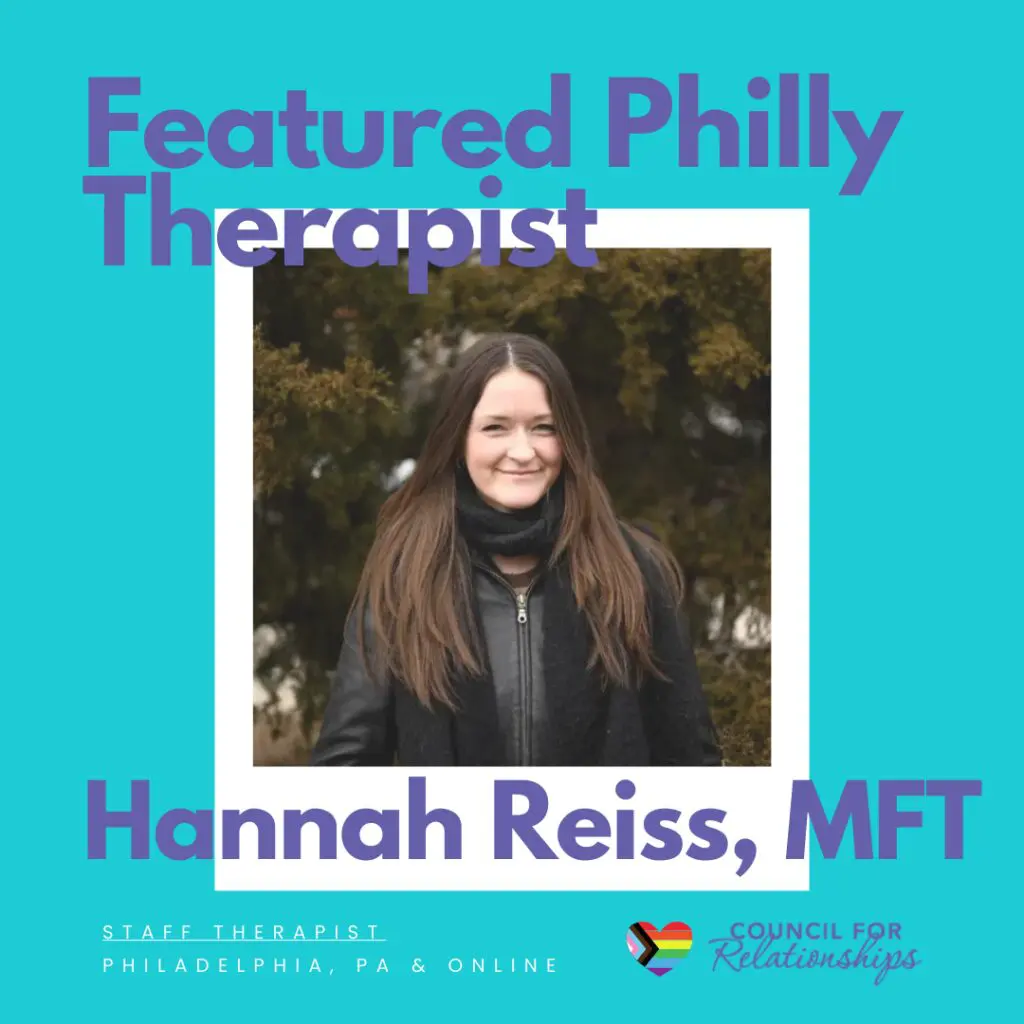
Expert Couples and Individual Therapy in Philadelphia with Hannah Reiss, MFT
When you’re looking for a mental health professional, you want someone who offers expert guidance, understands your unique experiences, and helps you achieve meaningful, lasting results. With Hannah Reiss, MFT,…
Read More